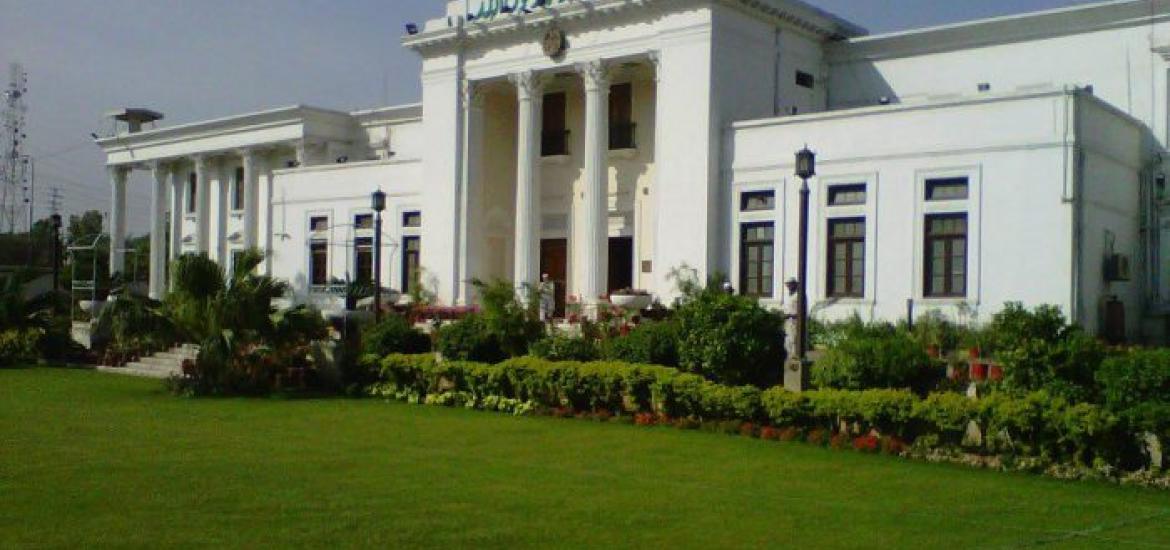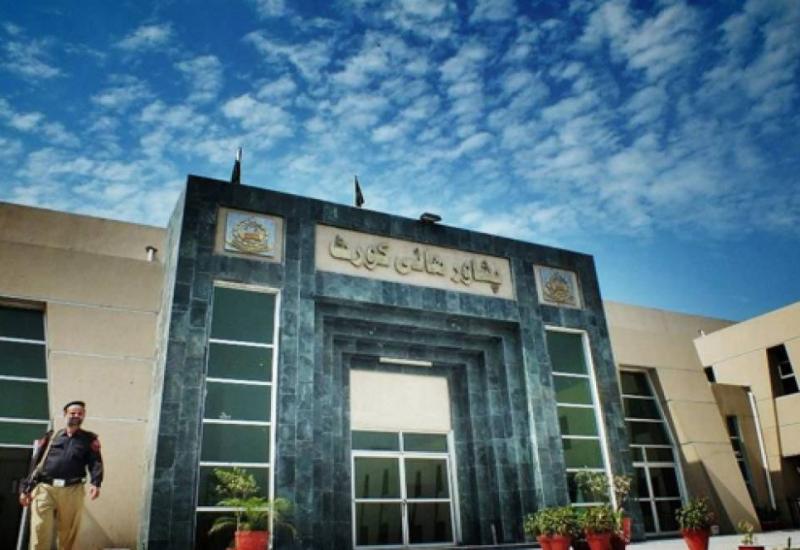The KPK Universities Act, 2012: A Critical Review of Proposed Amendments
In a move with far-reaching implications for higher education sector in Khyber Pakhtunkhwa (KPK), the provincial cabinet the other day approved amendments to the KPK Universities Act, 2012, forwarding these changes to the Provincial Assembly for consideration and approval. Among the most notable changes (so for shared on the social media) are the designation of the Chief Minister (CM) as Chancellor of public sector universities, the introduction of a four-year term with a mid-term review for the Vice Chancellors (VCs) and the policy that only female candidates will be eligible for VC positions at women’s universities.
This blog post looks into the potential gains and drawbacks of these amendments, exploring how they might influence university governance, autonomy, and educational outcomes in the province.
Key Amendments to the KP Universities Act, 2012
The amendments include three primary structural changes:
- CM as Chancellor and VC’s appointing authority: The Chief Minister now onwards shall hold the role of the Chancellor, making the CM the principal appointing authority for VCs across the public sector universities in KPK.
- Four-year term for the VCs: The tenure for VCs has been set at four years, with a review by a government-appointed Performance Evaluation Committee at the two-year mark.
- Female-only eligibility for women’s university VCs: For public sector women’s universities, only female candidates shall be eligible for the position of Vice Chancellor.
These changes are designed to streamline governance, enhance accountability and promote gender representation in higher education leadership. However, they also raise important questions about university autonomy, transparency, and the balance of power between academic institutions and the government.
Potential pros of the amendments
These amendments bring several potential benefits to KP’s higher education landscape.
1. Streamlined governance and improved oversight
With the CM serving as Chancellor, the oversight of universities is centralized, potentially leading to quicker, more cohesive decision-making. This centralized approach could enable a more direct alignment between university policies and the provincial government's educational and developmental priorities, resulting in more strategic direction for institutions. This structure will enable the CM and his team to gain a closer, more immediate understanding of the challenges universities face, allowing for more responsive support and solutions that align with the province’s higher educational goals.
2. Enhanced accountability with mid-tenure review
The introduction of a four-year term for VCs, along with a mid-tenure review, adds a structured approach to accountability. The Performance Evaluation Committee, appointed by the government shall assess the progress of VCs against predefined goals and targets, promoting transparency and motivating VCs to strive for continued improvements in their institutions. Regular performance checks may also help identify challenges early, allowing for timely interventions or support.
3. Empowerment of women in higher education leadership
By reserving the VC role in women’s universities exclusively for female candidates, the government is making a strong commitment to gender inclusivity in academic leadership. Female leaders may bring unique insights and a deep understanding of the challenges female students and faculty face. This initiative can also inspire young women, offering them role models who embody leadership in academia and empowering the next generation of female scholars and administrators. It is further suggested that all administrative and faculty positions in women’s universities across the province should be reserved for women, creating a more supportive environment for female students and promoting women’s representation in all aspects of university life.
4. Potential for policy alignment with provincial goals
With the CM overseeing appointments, universities may be encouraged to align more closely with the provincial goals for education, workforce development, and regional economic priorities. This alignment could promote relevant academic programs, skill-based training, and research that supports the province's socio-economic needs, which is crucial for KP’s sustainable development.
Potential cons of the amendments
While there are notable benefits, these amendments also raise some concerns that merit careful consideration.
1. Risk of reduced university autonomy
The increased involvement of the provincial government in university governance, particularly through the role of the CM as Chancellor and primary appointing authority, may raise questions about the academic independence of these institutions. Autonomy is vital for fostering innovative research, independent thought and academic freedom. If not managed carefully, these changes could lead to increased political influence over university affairs, which might impact the quality and credibility of education and these universities will ultimately turn into government degree colleges.
2. Transparency and merit-based appointments
With the CM acting as Chancellor, there is a need to ensure that the appointment process for VCs remains transparent and merit-based. Public confidence in the selection process will be crucial to maintain institutional integrity and trust. Without a strong emphasis on meritocracy in VC appointments and evaluations, there is a risk of favoritism, where appointments may be influenced by political considerations rather than academic credentials and leadership skills. This could undermine the quality of leadership in universities, diminish academic integrity, and hinder the institutions' ability to achieve their educational and research goals. Ensuring a transparent, merit-based process is essential to maintain trust and excellence in university governance.
3. Challenges in implementing mid-tenure reviews
While the mid-tenure review can foster accountability, it also places additional administrative and evaluative pressures on VCs and may lead to potential disruptions. The review process must be objective, fair, and based on clear performance metrics, so that VCs can focus on long-term goals without the risk of abrupt changes that could disrupt institutional progress. Any signs of bias in the review process may lead to uncertainty and affect the morale of university leadership.
4. Exclusivity in women’s university leadership
Restricting the VC role in women’s universities to female candidates, while empowering, could limit the pool of candidates and potentially overlook qualified male candidates who could contribute positively to the institution. While the policy promotes gender equality, it’s essential to ensure that this doesn’t unintentionally restrict access to top leadership talent. Balancing inclusivity with merit will be critical to ensure the best possible leadership for these institutions.
Final thoughts
The KP cabinet's approval of amendments to the KPK Universities Act, 2012, marks a significant step in redefining the governance of public universities in the province. By designating the CM as Chancellor, introducing mid-term reviews, and promoting gender representation, the amendments aim to address some long-standing challenges in higher education administration. However, these changes must be implemented with a commitment to transparency, fairness, and respect for academic freedom.
For these reforms to have a positive impact, the KPK government should work to ensure merit-based appointments and evaluations of VCs. Additionally, safeguards are essential to ensure that increased government involvement does not compromise the independence that universities need to thrive as centers of learning, research and innovation. By fostering an environment of accountability and inclusivity, these amendments have the potential to strengthen higher education in KPK, aligning it more closely with provincial goals while respecting the autonomy essential for academic excellence.
In conclusion, the success of these amendments will depend on how they are executed. When balanced effectively, they can contribute significantly to KPK’s educational progress, supporting a more responsive, accountable, and inclusive system of higher education that meets the needs of students, faculty and the community at large.


















